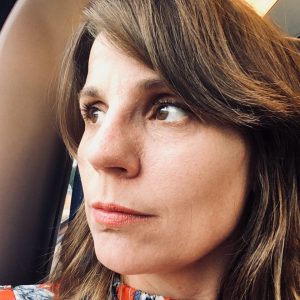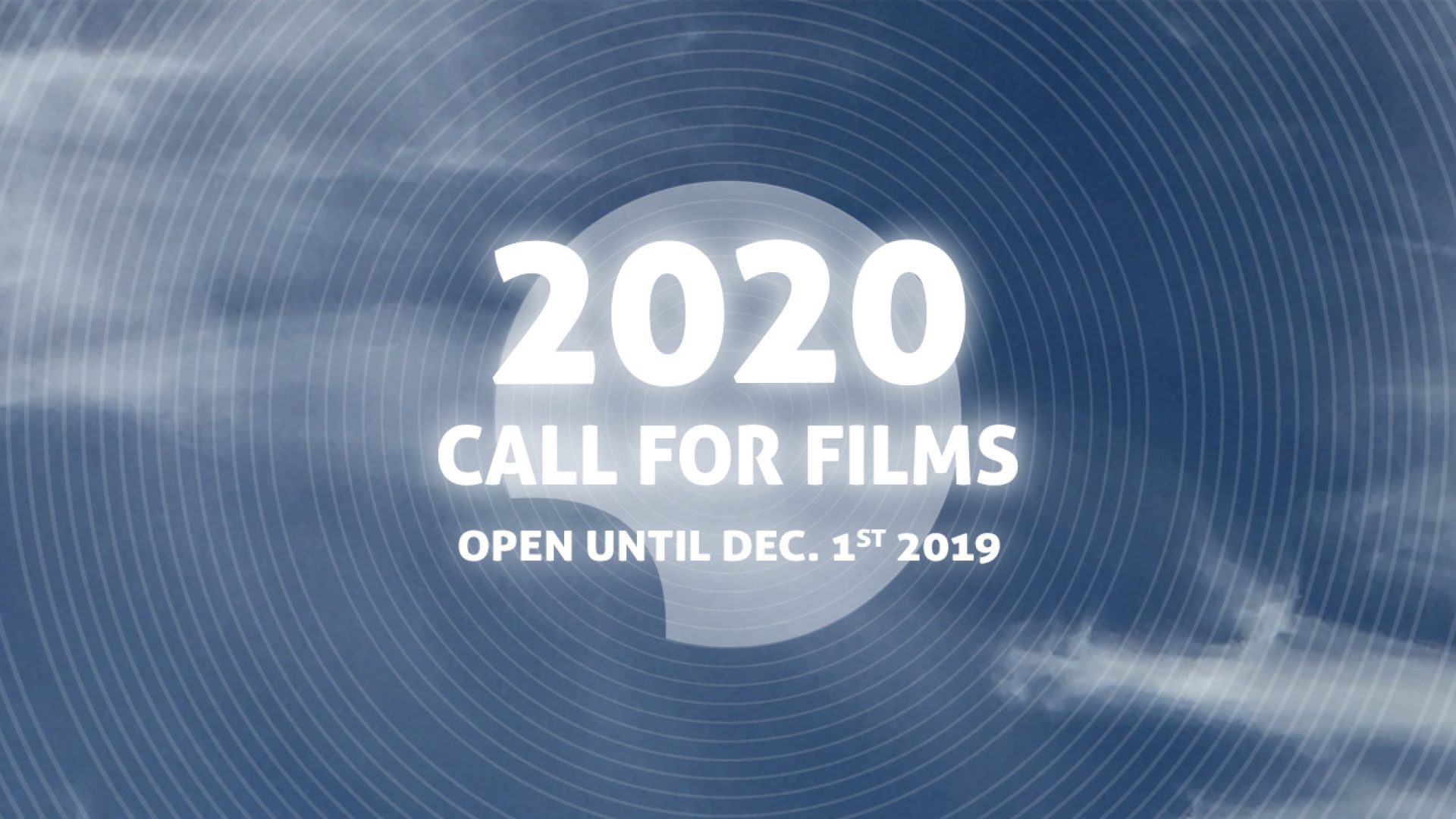SIDE PROGRAMME 2019
KEYNOTE: Dr. Eva van Roekel | VU Amsterdam
Filmmakers at Risk
Small equipment and its easy employment increasingly allow anthropologists to enter new zones of filmmaking. Today we easily co-create audiovisual stories and share them (almost) instantly. Both ethnographers and the people we work with are now more than ever equipped to record the pounding sounds and captivating images during environmental protests, political upheaval, migratory movements and human rights abuses and the deep personal problems that come with it. The images and sounds provide powerful experiential insights into times of great uncertainty. At the same time we become extremely vulnerable by these new zones of ethnographic engagement and representation.
Collaborative filmmaking has been coined as a revolutionary method to democratize anthropological knowledge. But is it always ethical and desirable to collaborate with our interlocutors and make these stories accessible for a larger audience? Preoccupied for more than a decade with the question of how to tell the stories of military officers convicted for crimes against humanity in Argentina, I will reflect on the ways in which the increasing availability of the visible and collaboration can also potentially endanger both the filmmaker and those being filmed (and those that are not filmed) in unexpected ways.
Biography

Eva van Roekel is assistant professor in Social and Cultural Anthropology at VU Amsterdam. For more than a decade Eva has lived and worked in Latin America. Her fieldwork focuses on violence, human rights and transitional justice in Argentina and Venezuela. She made two documentaries in Venezuela and one documentary in Belgium, and she is currently working on a new film project in Argentina.
MASTERCLASS: Ziad Kalthoum | Filmmaker | Syria
The filmmaker Ziad Kalthoum knows what it means to almost break in what can only be described as schizophrenic living conditions. As a soldier in the service of the Syrian state, at daytime he fired bombs on the houses of the neighborhoods, in which he himself was attacked as a civilian in the evening. In 2012, Kalthoum deserted and went into exile in Europe. Since then and during his life in the war zone, he documented audio-visually what it means to live a life “at risk”.
After Immortal Sergeant, Ziad Kalthoum joins ethnocineca for the second time in 2019 with his film Taste of Cement. In this year’s masterclass – and based on his two films that on the one hand show the horrors of war and on the other hand attend to the consequences of those experiences – he shares his experience as a filmmaker, who has worked under the most difficult political, physical and psychological circumstances. He discusses his insights on how danger and the intended subject matter influence the form and narrative structure of films, and how, even under the most adverse circumstances and greatest risks, a masterpiece of human and political significance can be created.
DISCUSSION: Giorgio Ferrero & Alexander Hick
Futures at Risk – Politics and Aesthetics in Documentary Film
Transnational corporations, hyper consumption and the impact of the constant race for progress and economic growth have a massive effect on our climate. Warnings from climate researchers have been reaching us for years. In different aesthetic and narrative approaches, Ferrero and Hick deal with the globalized economy and its consequences.
In Beautiful Things Giorgio Ferrero questions the western consumer society and turbo-capitalism in a playful way and sets an imposing memorial for the future of climate policy with his film. In Thinking like a Mountain Alexander Hick shows in a poetic interplay, the influence of international industries and climate change on the habitat of the the Arhuacos in Colombia and engages in their fight for the preservation of their cultural identity. Together with Giorgio Ferrero and Alexander Hick we discuss questions of possibilities for action and political engagement in documentary filmmaking.
FILM TALK: Simone Mestroni & Ulrike Davis-Sulikowski
After Prayers: On the social drama of violence, poetry and masculine subjectivity in Kashmir
In this filmtalk, social anthropologists Simone Mestroni and Ulrike Davis-Sulikowski discuss the flows from poetry to riots, resistance and memory through historical and deeply personal experiences that are embedded in Mestroni’s documentary. Attending to the riots as a social drama, they analyse questions of performance, visuality and morality that are imbricated in the historical features of places, the making of masculine subjectivity and the necropolitical structure of Kashmiri politics. Mestroni’s ethnographic documentary film After Prayers, made in conditions of risk for the filmmaker and addressing the lives of individuals and a society that is constantly at risk, goes to the heart of ethnocineca’s 2019 festival focus and the question of how visual ethnography can communicate the struggle for freedom in a world of changing global power constellations. We are looking forward to this conversation about bodies, politics, memory and the power of cineastic representations.
AWARD CEREMONY
The winners of the five award categories IDA, EVA, ADA, ISA and ESSA, will be announced, accompanied by a short film programme.


